Bite the Bullet
 I recently had to bite the bullet. In one week, I made two major house repairs and replaced the brakes on my car. I was out of town when the brakes stopped working.
I recently had to bite the bullet. In one week, I made two major house repairs and replaced the brakes on my car. I was out of town when the brakes stopped working.
I did not enjoy any of those events. Yet, they had to be done.
A friend talked about having to bite the bullet when she learned to operate a new computer program. Many of us have had to do the same.
To bite the bullet is to accept a difficult situation.
Although not pleasant, we:
- Prepare ourselves for what lies ahead
- Do what must be done
- Act brave whether we feel brave or not
- Learn to live with the pain
This phrase may have originated with soldiers biting a bullet during painful medical treatment.
Without anesthesia, they would bite a bullet to prevent:
- Crying out in pain
- Biting their tongue
As with most of life, we choose our response.
When life gets hard, will we get down in the dumps? Or will we bite the bullet and make the best of a bad situation?
“Rejoice always, pray continually, give thanks in all circumstances; for this is God’s will for you in Christ Jesus” (1 Thessalonians 5:16-18 NIV).
Thanks to Carole Fite, Janna Babak, and Ann Knowles for this suggestion. Thanks to Travis Gosser for the photo.
Do you have an expression you want explained? If so, please comment below.
Subscribe to receive my weekly posts by email and receive a free copy of “Words of Hope for Days that Hurt.”
If you enjoyed this post, please share it with your friends.
 In our
In our 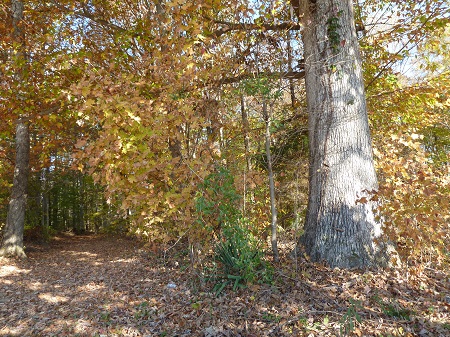 Many of us grew up in the sticks. We had to travel several miles to the closest town. Our travel time increased to reach a city. Some of us remain in the sticks or visit often.
Many of us grew up in the sticks. We had to travel several miles to the closest town. Our travel time increased to reach a city. Some of us remain in the sticks or visit often.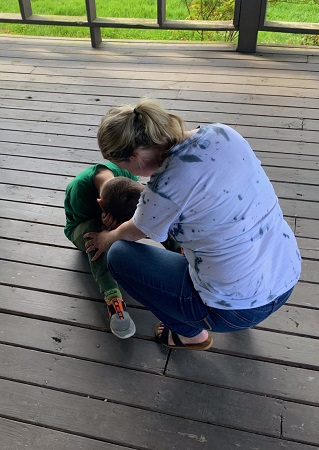 “Tell me the truth. You will feel better if you do. Confession is good for the soul.”
“Tell me the truth. You will feel better if you do. Confession is good for the soul.” Please welcome my friend
Please welcome my friend 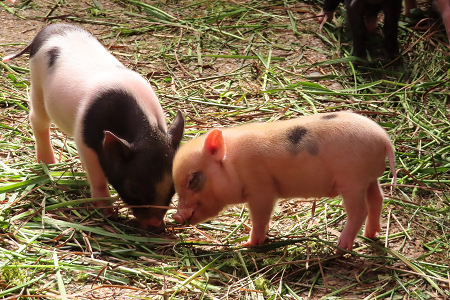 Rather than face the truth of a matter, one happily ignores it.
Rather than face the truth of a matter, one happily ignores it. We love life on cloud nine. Something wonderful happens, and we feel
We love life on cloud nine. Something wonderful happens, and we feel 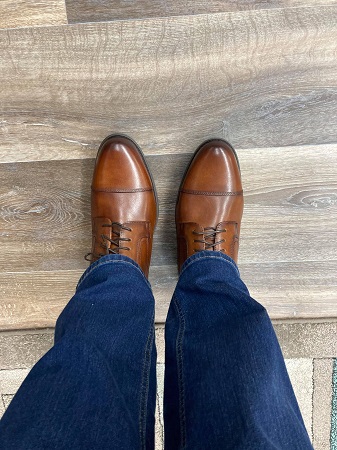 If we put the right shoe on the right foot, it feels fine. However, if we put it on the left foot, it hurts. We don’t like it when the shoe is on the other foot.
If we put the right shoe on the right foot, it feels fine. However, if we put it on the left foot, it hurts. We don’t like it when the shoe is on the other foot.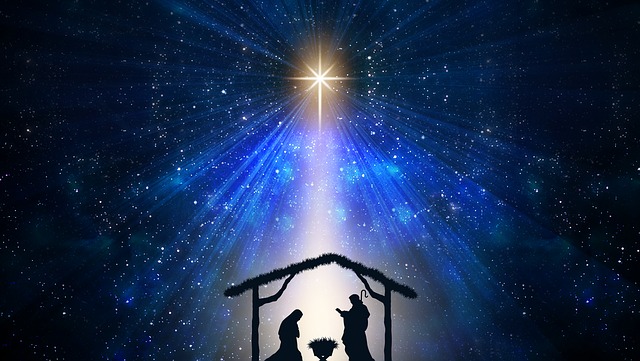 “I see it!” I see the light!” When my brother was little, he loved lights. That was especially true at Christmas.
“I see it!” I see the light!” When my brother was little, he loved lights. That was especially true at Christmas. Please welcome one of my favorite authors, Ann H. Gabhart, as today’s guest writer. Ann has been called a storyteller. She’s lived up to the title with thirty-five books published and more stories on the way. Ann keeps her keyboard warm out on her farm where she likes walking with her dogs or discovering the wonders of nature with her nine grandchildren. To find out more about Ann and her books, go to
Please welcome one of my favorite authors, Ann H. Gabhart, as today’s guest writer. Ann has been called a storyteller. She’s lived up to the title with thirty-five books published and more stories on the way. Ann keeps her keyboard warm out on her farm where she likes walking with her dogs or discovering the wonders of nature with her nine grandchildren. To find out more about Ann and her books, go to 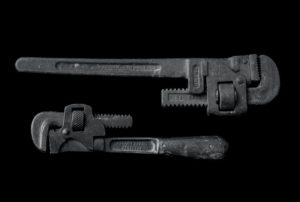 Where various products were once made one at a time by craftsmen, the industrial revolution factories had machines to mass produce items. Companies started competing for customers. Some knocked out competition by sneaking in to throw an actual wrench into the workings of the competitor’s industrial machines. With the machine broken, production came to a halt.
Where various products were once made one at a time by craftsmen, the industrial revolution factories had machines to mass produce items. Companies started competing for customers. Some knocked out competition by sneaking in to throw an actual wrench into the workings of the competitor’s industrial machines. With the machine broken, production came to a halt. We all have our ups and downs.
We all have our ups and downs.